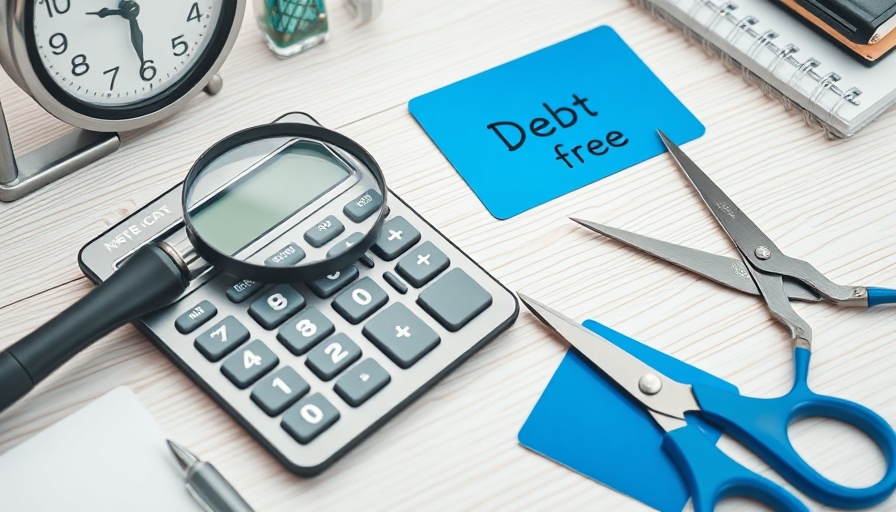
Understanding Debt Settlement: A Lifeline for Debt Management
For many Americans grappling with unmanageable debt, the pressures can feel insurmountable. Excess credit card balances, personal loans, and other unsecured obligations can quickly escalate, leading to a sense of hopelessness. However, debt settlement presents a viable strategy to regain financial control by negotiating to pay only a fraction of what is owed.
How Debt Settlement Works
The essence of debt settlement involves a negotiation process between individuals and their creditors, typically managed by a third-party agency. Those enrolled in a settlement program stop making direct payments to creditors and instead contribute to a savings account that accumulates funds for lump-sum settlement offers. This pooling of resources allows a debt settlement company to approach creditors and propose reduced amounts based on the available funds, ultimately leading to agreements that can erase significant portions of one’s debt burdens.
Preparing for Debt Settlement: Best Practices
Before diving into the debt settlement process, it is crucial to conduct thorough due diligence on potential settlement companies. Here are key steps to ensure a successful partnership:
- Research Company Reputation: Utilize resources such as the Better Business Bureau (BBB) to assess ratings and consumer reviews to gauge trustworthiness.
- Accreditation Matters: Align with companies recognized by renowned organizations like the American Association for Debt Resolution to ensure legitimacy.
- No Upfront Fees: Pyramid schemes and fraudulent practices are prevalent in the debt relief space; verify that no initial payments are demanded before services are rendered, as per FTC regulations.
Evaluating the Pros and Cons of Debt Settlement
Understanding the advantages and potential risks of debt settlement is paramount:
- Pros: Reductions in principal amounts can significantly alleviate financial strain. Settlements are typically quicker than traditional repayment methods and allow individuals to move towards debt-free living.
- Cons: Successful settlements can initially impact credit scores. Depending on the company, additional fees may also apply, affecting total savings from the settlement.
Alternative Debt Repayment Strategies
While debt settlement can be a lifeline, it’s important to consider other debt repayment options:
- Debt Consolidation: This involves combining multiple debts into a single loan, simplifying repayments and potentially reducing interest rates.
- Debt Snowball or Avalanche Method: These strategies focus on paying off debts from smallest to largest or by highest interest rates, respectively, aiming to build momentum and reduce overall debt faster.
Credit Counseling and Its Role
Another approach to tackling debt is credit counseling, which provides individuals with insights and advice on managing finances more effectively. By engaging in a structured debt management plan (DMP), consumers gain a supportive framework to repay debts without entering into settlement negotiations.
The Long-Term Outlook: Building Financial Resilience
The journey to financial health doesn’t stop with debt settlement or alternative repayment strategies. Learning to budget effectively, create emergency funds, and rebuild credit post-debt are crucial steps toward ensuring stability. This comprehensive knowledge not only helps in managing current debt but also fortifies against future financial traps.
Empower Yourself Through Education
In summary, debt settlement can be a practical solution for individuals overwhelmed by debt. By understanding the process, recognizing alternative routes, and engaging with reputable organizations, consumers can take their first steps toward financial recovery. Consider taking action today by researching your options and consulting professionals to create a personalized debt management plan that suits your needs.
 Add Row
Add Row  Add
Add 



Write A Comment